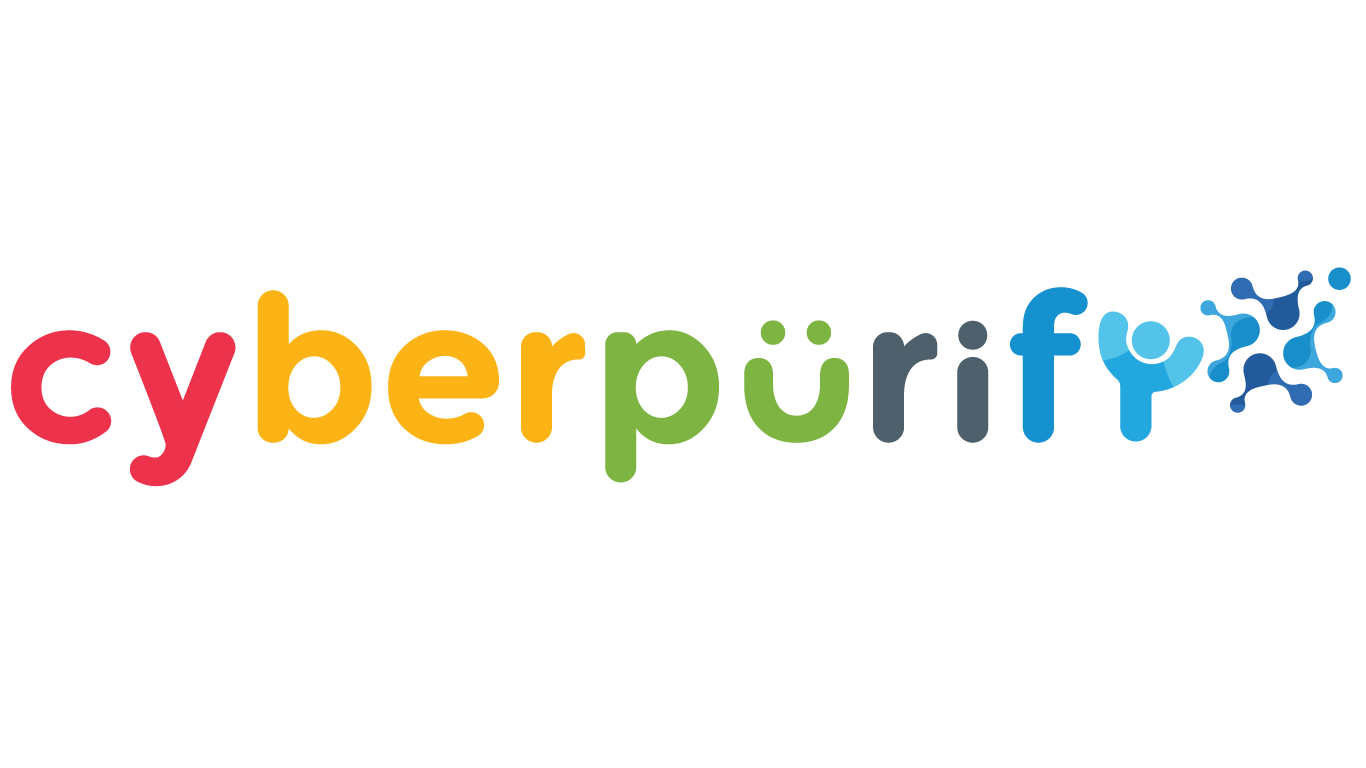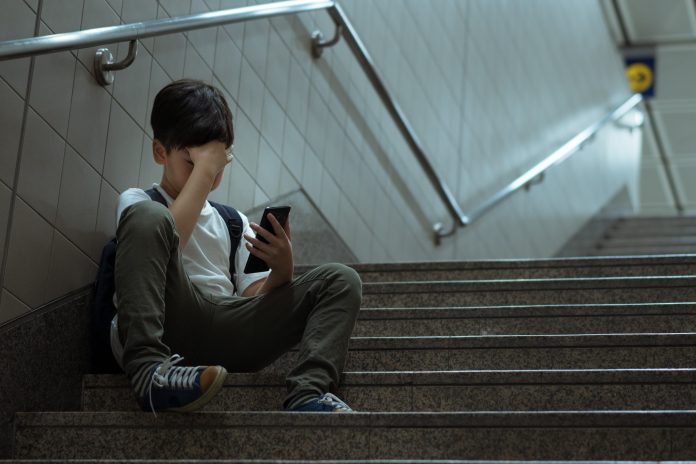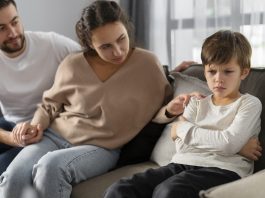It is a fact that pornography is not the only disturbing content on the internet that is stalking your child every day, but the risk is extremely high that your child will have access to other content such as violence, murder, accidents, gore, execution, etc. Children’s access to these types of content will have severe psychological consequences.
Especially during the COVID epidemic season, you cannot prevent your children from using the internet for entertainment and learning, so parents need to equip themselves with knowledge and soft skills to promptly deal with a situation that in one day, “My child sees harmful content on the Internet”.
Wise modern parents are always proactive in bringing the best for their children. To better protect your child from all porn sites, for all internet-connected devices your child use, you should pre-order Wifi Device, becoming the first parents to own the solution which 24/7 protects your kids from harmful websites. Best prices are always available for early birds!
What to do when my child sees harmful content on the Internet?
Find out what your kids have watched
The first thing you need to do is understanding the root of the problem by asking your child questions to see what types of negative content your school-age children and teens have seen on the Internet or on social media.
Also consider and accept your child’s age and development. Younger children may not understand the difference between reality and fantasy because research shows that most children realize the images and videos they are exposed to are real by the time they are 7 or 8 years old.
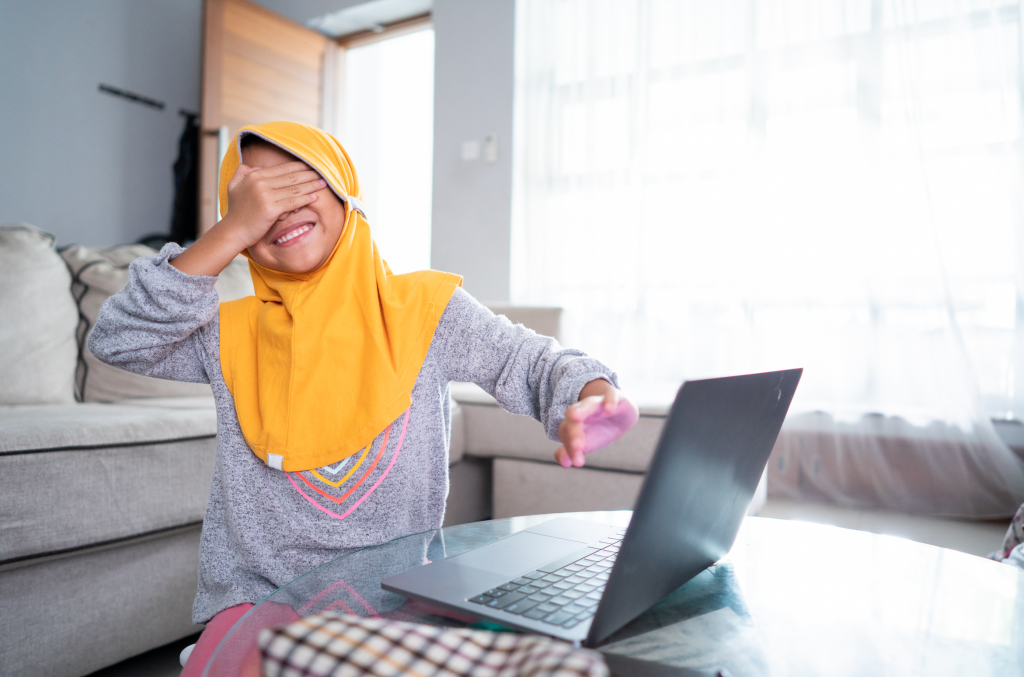 Act according to your child’s will and be patient. If your child doesn’t seem interested or doesn’t want to talk about it at the moment, don’t push her, be patient give her time.
Act according to your child’s will and be patient. If your child doesn’t seem interested or doesn’t want to talk about it at the moment, don’t push her, be patient give her time.
Answer questions honestly and succinctly
Tell the truth, but only share what your child needs to know and is appropriate for his or her age. You shouldn’t give more details than what your child is actually in need of, but instead, you should try to drive away any fears and help them feel safe.
Listen carefully. For some children, seeing images of murders, beheadings, accidents, executions can make them worry, “Can I be next? Could that happen to me?” Older children may have a lot of questions. Focus on what your child is asking so you can help them deal with the fear. An adult’s willingness to listen sends a powerful message to children.
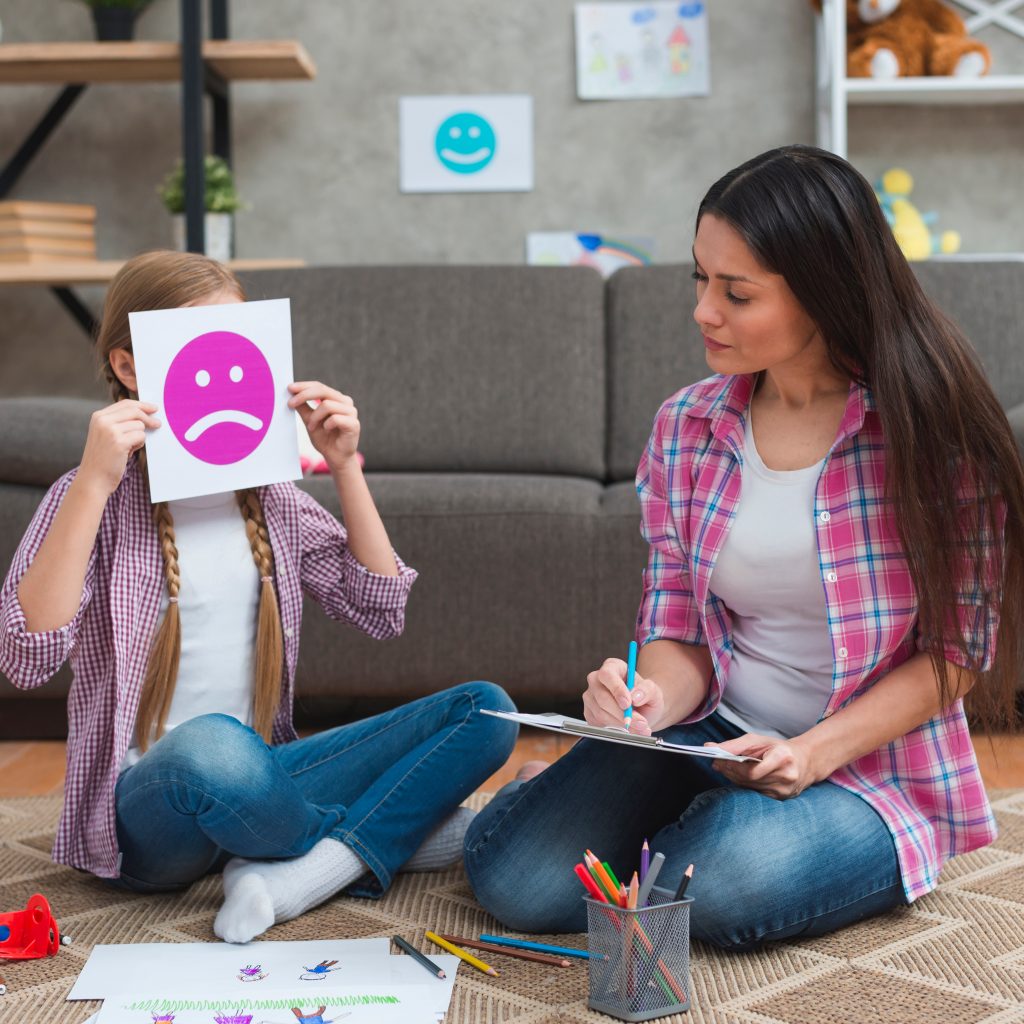 You can absolutely say you don’t know the answer. If your child asks a question that confuses you, say that you will find the answer or that you will use age-appropriate websites with your child to find the answer together.
You can absolutely say you don’t know the answer. If your child asks a question that confuses you, say that you will find the answer or that you will use age-appropriate websites with your child to find the answer together.
Help children feel in control of themselves
Encourage your child to talk. If your child is scared about what’s going on, ask curiously and informally about it, talking is one of the most effective ways that can help your child share their fear with you.
Encourage teens to look beyond the content they are exposed to. Ask why children think a user publishes a scary story. Could it be to increase ratings and clicks, or is the news posted really trustworthy? In this way, a frightening content story can be transformed into a discussion about the role and mission of the online content.
 Teach your children to prepare mentally and not to panic because the amount of content on the Internet is too much and it is difficult to control thoroughly. You should guide your child about what is appropriate and inappropriate on the Internet, as well as teach him some of the must-have soft skills when using the Internet.
Teach your children to prepare mentally and not to panic because the amount of content on the Internet is too much and it is difficult to control thoroughly. You should guide your child about what is appropriate and inappropriate on the Internet, as well as teach him some of the must-have soft skills when using the Internet.
Limit your kids’ exposure to harmful content
Before deciding what content is negative and inappropriate for your child, you should consider how old your child is and how mature they are. You can set screen time limits or basic rules about device use and social networks.
Besides the Internet, harmful content also appears on TV, so you should watch the news with your child and discuss regularly what is and isn’t right for him. You should also turn off news that you think is inappropriate for your child.
Find this helpful? You also love these:
However, one problem is that horror content that has a real bloody, accidental accident image will usually not appear on TV because the TV usually hides this content but instead, it will appear on the Internet where your kids are learning and having fun online every day.
Often these images will spread on social networks, online newspapers, forums, so besides, keeping an eye on what your child watches on television, you must also protect them from these materials on Internet devices.
So one of the most practical ways to ensure Internet safety for children is that you should use online content filtering tools – considered by many parents as one of the best free parental control software to hide 15 types of harmful content on the Internet, including:
- Pornography
- Horrifying content like gore, accidents, ghosts, violence, murder, terrorism, etc
- Content about stimulants, addictive substances such as alcohol, beer, marijuana, drugs, etc
- Content with aggressive elements, hurting others like Hate speech
This free porn blocker extension can help to minimize your child’s access to harmful content, ensuring a healthy online environment for your child but at the same time, not invading their privacy rights.
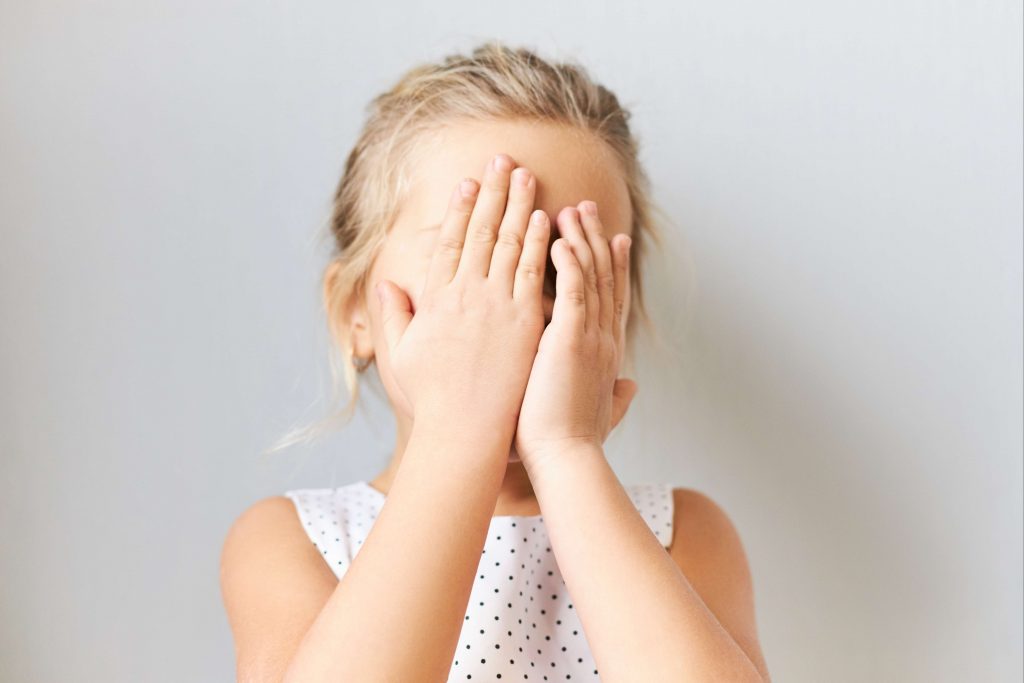
Create a friendly environment for your children to talk
Create a healthy and intimate conversation environment between you and your child as a daily habit because when your child trusts and sees you as strong support, he will share you with anything he feels questioned, annoyed, scared, or even the most sensitive issues like sex. This topic is horror content.
You should help your child think through what they are exposing to by asking questions like: “What do you think of this content? Do you believe they’re real?” or “How do you think these things happen?” With these types of questions, you can encourage conversation about topics that don’t involve harmful content.
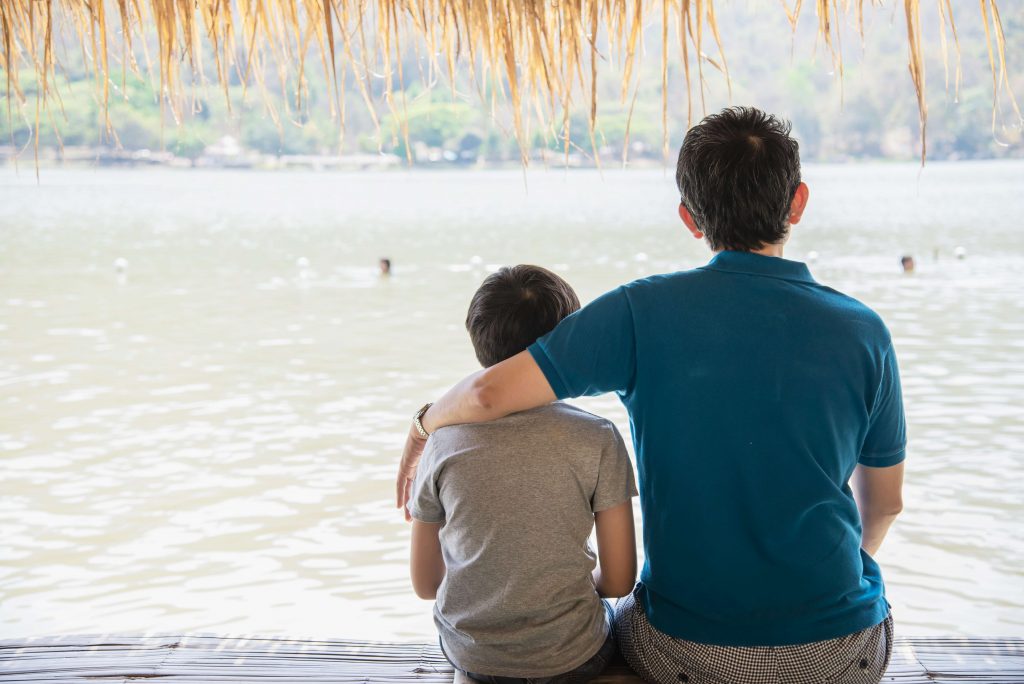 When you create conditions for your children to share, they will freely talk about what they are afraid of, what they see, so you will have timely measures to reassure, comfort, and protect them. More severe psychological events later occur, such as anxiety disorders, depression, or anorexia, which may even lead to suicide.
When you create conditions for your children to share, they will freely talk about what they are afraid of, what they see, so you will have timely measures to reassure, comfort, and protect them. More severe psychological events later occur, such as anxiety disorders, depression, or anorexia, which may even lead to suicide.
Often acts of self-harm or suicide or emotional disturbances go unreported because children simply believe that no one is listening or that if they speak out, their parents will be bullied. la.
You should also pay attention to unusual signs such as changes in behavior (such as not sleeping or eating, not wanting to be around people, or being anxious all the time, so that you can take timely action before when it’s too late.
Maybe you missed this awesome articles:
